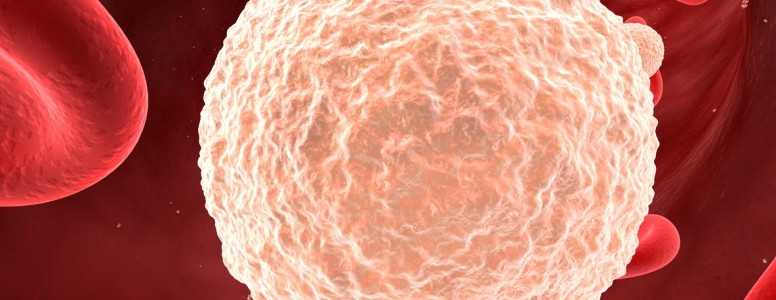Researchers identify a “driving force” that shows young people with type 2 diabetes are at a greater risk of developing diabetic retinopathy much earlier and quicker.
A study conducted by the Madras Diabetes Research Foundation (MDRF) in India say the findings have been linked to the biomarkers MCP-1 and cathepsin-D.
The team found high levels of both biomarkers may be a factor towards why diabetic retinopathy seems to develop faster in young people with type 2 diabetes.
Lead authors Muthuswamy Balasubramanyam and Viswanathan Mohan said: “The increased prevalence of diabetic retinopathy associated with early-onset diabetes is not simply a consequence of the longer duration of disease. We speculated that something specific to the diabetic milieu in younger patients might drive them and make them more prone to develop diabetic retinopathy.”
Retinopathy is the most common eye complication for people with diabetes. It occurs as a result of damage to the small blood vessels in the retina.
The authors concluded: “It appears that higher levels of MCP-1 and cathepsin-D in young onset type 2 diabetes patients represent an accelerated aging phenotype – a driving force for faster development of diabetic retinopathy.
“It is expected that targeting the pathways related to these biomarkers could be a future strategy for preventing the heightened risk of developing diabetic retinopathy in young-onset diabetic patients.”
Whilst these new biomarkers may give clues towards future treatments, the best way to prevent retinopathy from developing is to achieve good control of blood glucose levels.
The NHS has previously stated there are 1,280 new cases of blindness caused by diabetic retinopathy every year in in England, and there are a further 4,200 people in the country who are thought to be at risk of retinopathy-related vision loss.
Whether you are a younger person with type 2 diabetes, or older, the Low Carb Program provides a valuable guide to help you improve your diabetes control. The program is free to use and you can join today.
What's new on the forum? ⭐️
Get our free newsletters
Stay up to date with the latest news, research and breakthroughs.



